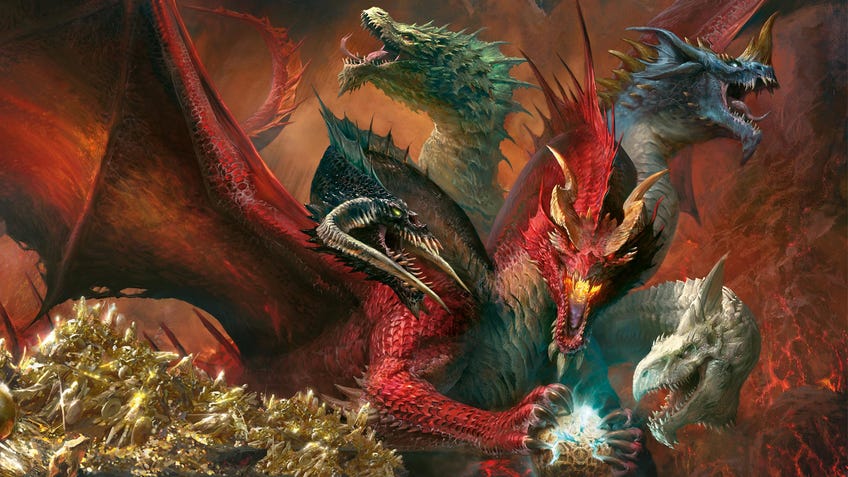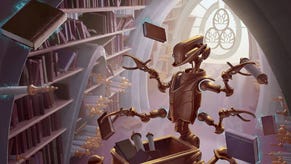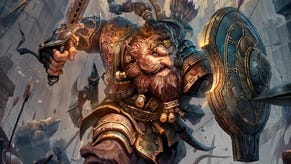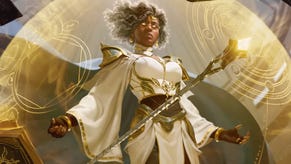7 essential D&D tips for first-time players
5E etiquette from almost a decade of tabletop roleplaying experience.
So you're a first-time D&D player. Before now, you've merely dabbled in tabletop roleplaying games. Perhaps you've played the odd digital RPG before, but you haven't had a chance to fully delve into the world of co-op TRPGs. It's cool, we're all friends here. There's no shame in seeking out a few D&D tips for first-time players, if it'll give you the confidence to join your first campaign.
I remember how daunting it can be, approaching a game system as complex as D&D 5E for the first time. All those rules and moves and spells and checks… and this is coming from someone who started on the ever-more confusing Pathfinder system. Still, there's no need to fret. There may be a heck of a lot to juggle as a D&D beginner, but I promise it's going to be worth it. Just imagine the euphoria when you down your first Mindflayer, cut your first chandelier rope or adopt your first baby Owlbear. If you want to make the most of your first D&D campaign, there are a few things you can do to keep up, and to keep the peace.
I'm not here to tell you exactly what each section of your D&D character sheet does or how to roll certain spells. Instead, the tips you'll find here are a culmination of all the things I wish I knew when I first started playing D&D and other tabletop RPGs, some ten or so years ago. This list brings together a decade of experience that will keep you from getting on the party's - or worse, your DM's - bad side. It's more of a D&D etiquette guide than anything else. The tips you'll find here don't just apply to the world of D&D, either. Be it Pathfinder, Shadowrun, Vampire: The Masquerade or any other TRPG system, I hope you learn from my many mistakes.
Know what moves you have at your disposal
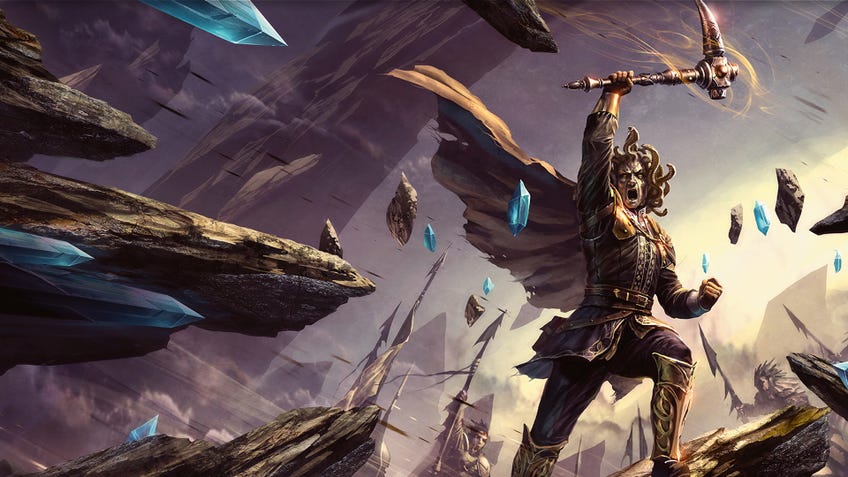
Being at least partially aware of the various ways you can interact with the world in D&D is vital. Even if you're not sure exactly how you're going to tackle a situation you should be aware of your strengths so that when the DM turns and says "Does anyone want to give me an arcana check?", you can be ready with your dice. Learn what modifiers you should be adding to your dice rolls so you're never caught short.
It also pays to keep abreast with exactly what your spells, abilities and items do, and any ingredients you might need to make them work. A good DM will give you opportunities to collect the necessary items, but you might need to remind them so they can help you out. Knowing what each of your moves does - or at least having that information easily to hand - will give you the upper hand in combat. If you're aware that you get a bonus using a certain move against a slowed or poisoned enemy, you can use that knowledge to your advantage and get in some spicy combo moves when you notice the right debuffs.
Don't try and metagame
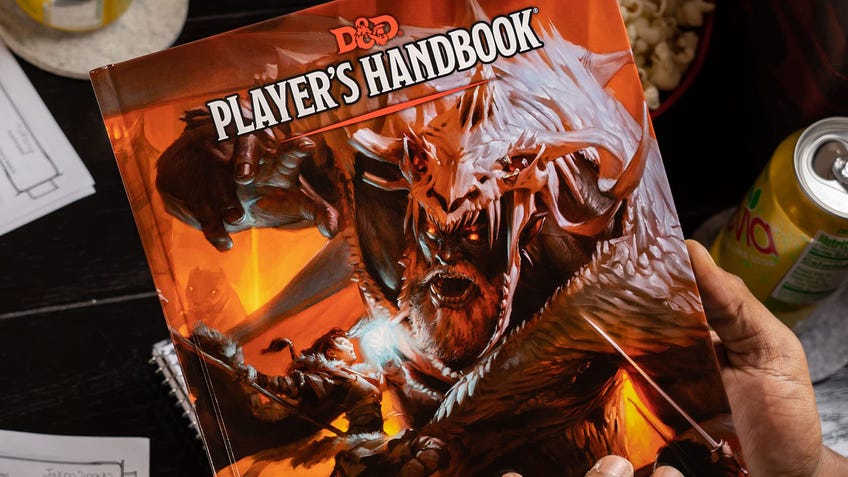
You and your D&D character are different people, and know different things. If you overhear a secret that another character is privy to, never roleplay as if you know it until it's actually revealed to you in character. It makes DMing really difficult when players insist on imbuing their characters with knowledge from an ineffable source. We have a word for it in other games: cheating. Even if you know the rogue just pinched a map out of your character's satchel, don't immediately start searching unless they've given you reason or you're genuinely playing a paranoid wreck.
Let's say you decide to split the party. Rather than assuming the other half of the group will telepathically know when to join back up if everything goes pear-shaped, it's better to agree on a timescale: "If we're not back in 20 minutes, come find us." If it happens a lot, it might be worth discussing some methods of long-distance communication, such as a Whispering Flame or a Sending spell. Some DMs might even allow a carrier pigeon, or the cup-and-string method if they're feeling silly.
Don't be afraid to ask questions
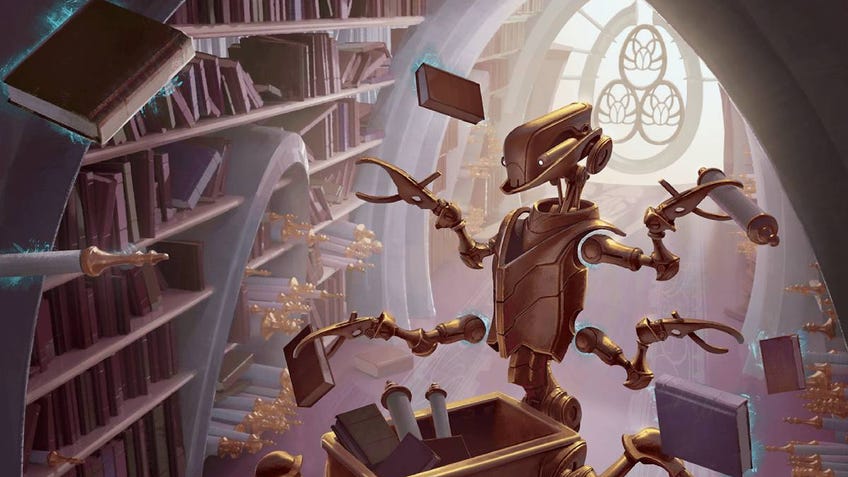
The D&D 5E system is vast. It's rules-heavy and confusing as anything if you're not used to it. No single player or DM can be expected to understand (let alone remember) every single rule, not with the sourcebook count as high as it is today. If you're unsure of something, anything at all, bring it up with the other players in your party, or with the DM when they have a moment spare. Don't suffer in silence.
"How do I roll my attack, again?" is not a silly question when your brain is trying to keep up with a thousand new mechanics. That's especially true if you're not familiar with RPGs in general. There's no shame in wondering aloud as a newbie. Someone around the table may yet have the answer, or you can bond through looking it up and learning about the game you love together.
Just remember that, as high as your intelligence stat is in-game, no-one's expected to click their fingers and recall exactly how much damage a certain spell does. That's also where the next tip comes in…
Bring a notepad
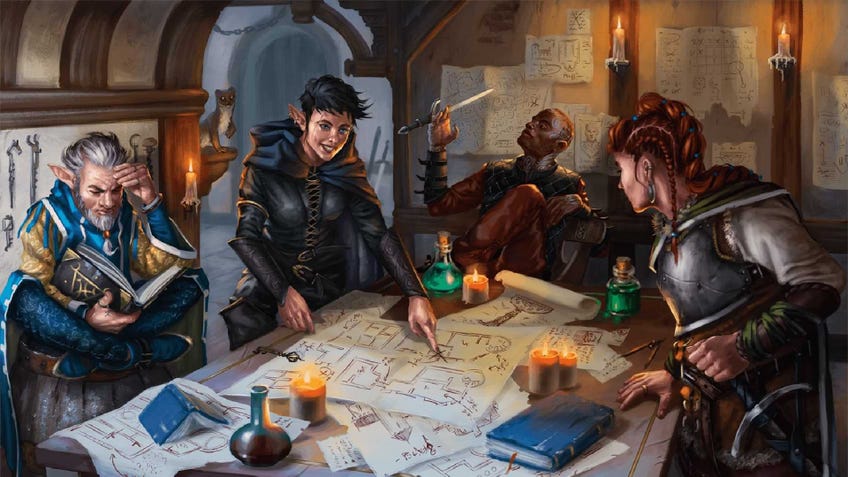
Don't assume your DM is keeping track of everything for you. Dungeon masters have a lot to focus on behind that screen, and they may well expect you to give them a hand. In-between setting initiative orders, and deciding what those goblins are doing, DMs often have so much to think about that they'll just make up names on the fly. I've been involved in sessions where even the DM had forgotten the baddie's name and needed the face with the notebook to remind them.
As players, you'll be delving into mysteries, uncovering secrets and learning the names of important contacts. Jot them down in your notepad as you go, so you can continue to follow the thread as the story unfolds. This is especially important if you're taking on the role of the party's face, because the barbarian can't be expected to hold more than three syllables in their head at once now, can they? It's a small thing, but a notepad is a powerful tool, and it will save your butt more times than you dare to imagine. You'll likely be heralded as a hero at the table just by knowing exactly who you're meant to be asking for rumours about at the local tavern.
Cut your GM some slack
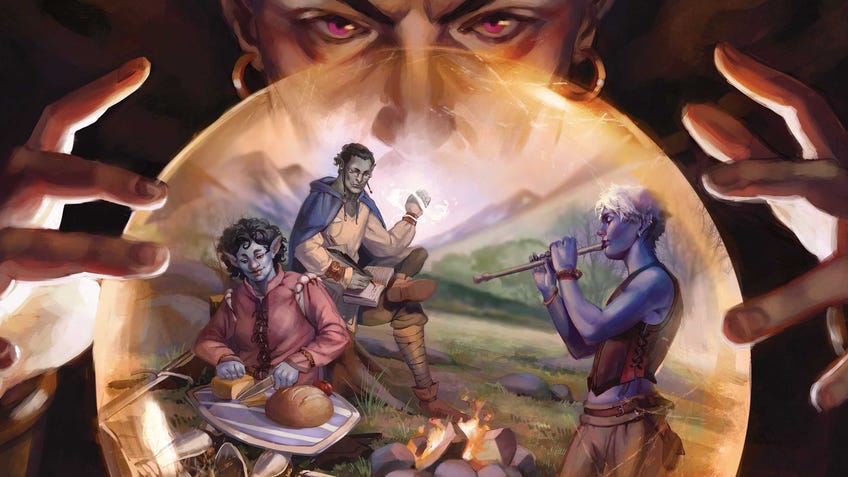
Being a dungeon master isn't easy. They may not always make calls that you appreciate, or even agree with, but the last thing you should do is argue with them. Shouting back and forth across the table with your DM will only slow the session down, and give them a reason to target your character all the more. Remember, the DM has the final say in what happens. Though, if they're breaking the rules or bending them for one player and not another, you might consider bringing it up outside of the session… or getting a different DM.
For those with a respectable DM, however, you should be aware there's a heck of a lot to consider and keep track of when running a campaign. If you've got something to say, rather than bombarding them with questions, try letting them know you have a query for them when they're ready. It sounds silly, but they'll appreciate you waiting for them to give you their full attention before getting into it. DMs need space to think. And to plot your demise.
Let everyone have a turn
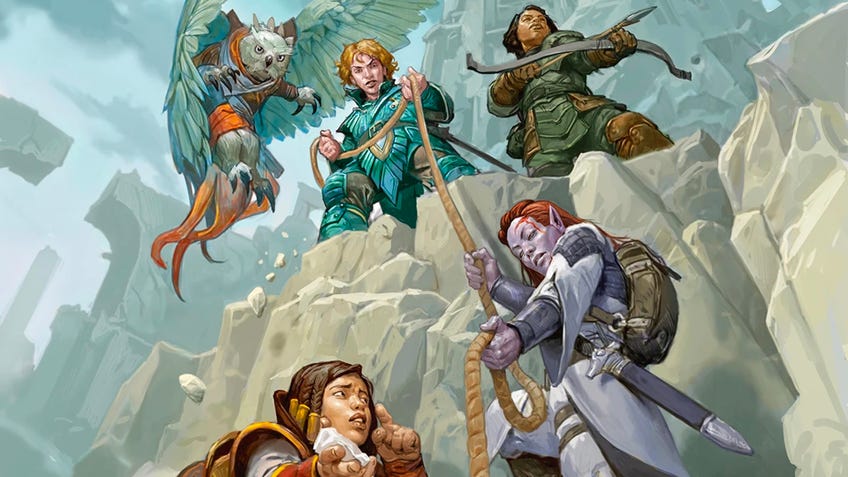
Whether you're really feeling that sweet main character energy, or it has been inadvertently thrust upon you, make sure you leave room for other players to bask in the limelight every now and then. When you're really into your role as the party's leader or face, there's a temptation - in some instances, a pressure - to keep the conversation flowing. While another player may not have the charisma to charm a potential source, they may well have some great ideas around how to approach a situation. If you're sensing that another player might have an idea, maybe offer a huddle away from the ears of the character you're speaking to.
Let other players attempt a skill check, even though you know your character will ace it. They'll appreciate feeling included. Otherwise, simply being self-aware, not interrupting each other and giving people a chance to try out their ideas is important for keeping in good stead with the rest of the party. It is a co-op game, after all.
Don't be "that guy"
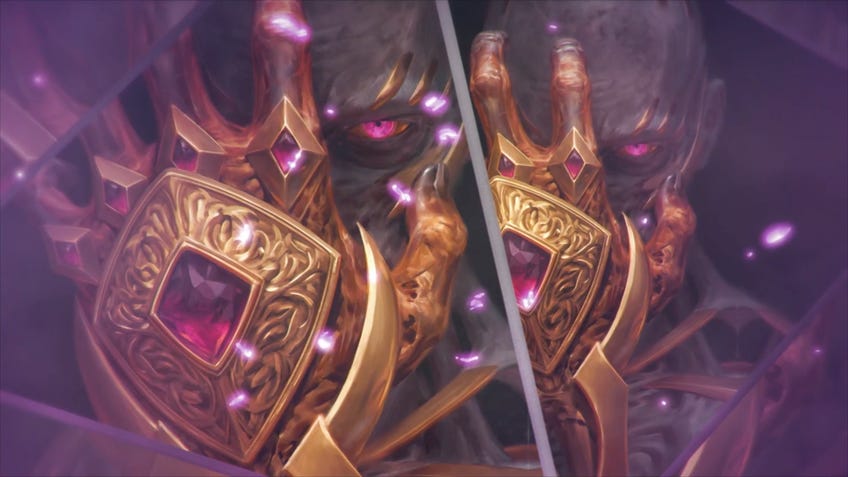
D&D is about free expression. It's about discovering new things about yourself and trying on a new face while getting involved in epic adventures that, in the real world, would be totally off the table (see what I did there). While the best DMs will encourage you to try out new things and explore yourself, don't use D&D as an excuse to play out your twisted fantasies or to be otherwise unbearable.
Questionably deviant bards and murderous edgelords don't make many friends in this space. If you feel a "but that's just what my character would do" coming on, it might be time to apologise and rethink your strategy. Best-case scenario, you'll get the party into some trouble. Worst-case, the party might glimpse a side of you they find abhorrent, and refuse to play with you any more. Hopefully you'll be getting a Session 0, which is a great time to discuss with everyone the kinds of themes and topics they're comfortable hearing about. Breaking those boundaries is a real dick move.
